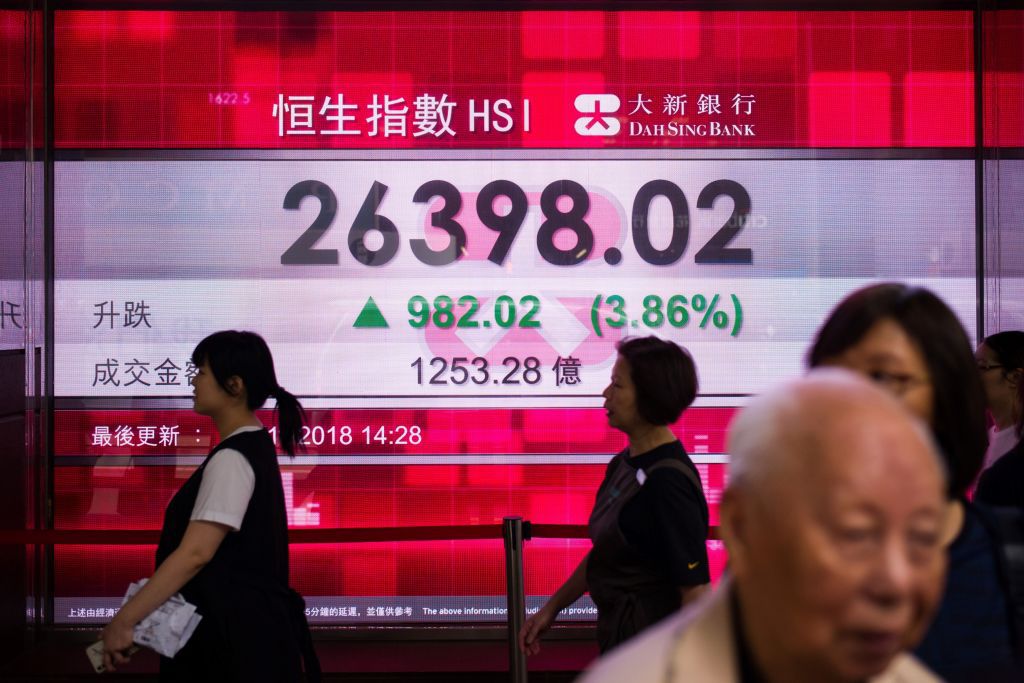Stock market trading hours generally vary from region to region. Most of the stock exchanges across the globe happen during the weekdays while weekends are reserved for breaks. Hence, the key players of the stock markets need to be careful and smart about their future strategies and predictions for the upcoming week.
As we all are well aware that stock marketing is an exceptionally spontaneous job, and the insiders have to constantly be on their toes to make the most of the opportunities. The socio-political or socio-economic circumstances of a certain region or even globally can deeply affect the overall stock market. However, one needs to understand that the countries or regions having different work ethics and work politics would not affect each other concerning the market.
A good example of the stock market trading hours would be that the market hours of the UK would normally be different than the working hours of the countries in Asia. This is due to the difference between the working cultures of these regions. To further explain this, a few countries even have a lunch break, in which the markets are closed for certain hours, whereas the other countries don’t.
The forex market would be one of the most flexible markets in the stock game. They are normally open for 24 hours every day from Sunday evenings to Friday nights. The stocks are mostly operated in the 3 main locations which are Tokyo, New York, and London. The flexible hours give their clients the benefit of freedom to open and close their positions at almost any hour within the forex market.
Let’s learn a bit about ‘stock exchange hours’…
If we talk about the North American market, the NYSE is arguably the biggest in the game. When taken into consideration with Bolsa Mexicana and NASDAQ, among others, it accounts for almost half of the worldwide total value. The stock exchange hours in the US are similar to those in Europe. They usually start from 9 in the morning and end at 5 in the evening. Even though the largest stock exchange value originates from up south, the South American stock market is fairly modest when it comes to exchanging hours.
Talking about the Santiago Block Exchange in Chile, its trading hours change during the summers. They are open for an extra hour during the season, that is, till 5 pm instead of 4 pm, to make the most of the opportunities.
When it comes to Europe, they are considered among the strict ones! When you look to invest in the stock market in Italy, the most common term searched in google is “investire in borsa”, which means invest in the stock market. The search volume in keywords related to stock trading and investing in the stock market has increased a lot in Italy and in Europe altogether, since people are staying at home due to the curfew put in place in the year of 2021.
The European stock market hours are the longest, without any break for lunch within the trading hours.
‘Euronext’, a collective stock exchange which has Amsterdam, Paris, Dublin, among others under its name is considered the largest trading exchange in its region. Their biggest competitor is London Stock Exchange, whose exchange hours happen between 8 am to almost 5 pm.
Asia is comparatively easy on the hours. The markets in Asia close anytime between 3 pm to 4 pm. They also tend to have a lunch break that lasts an hour in the afternoon.
This includes even the major markets like Tokyo and Singapore. The only exception to the above is Korea. They don’t include a lunch break after it was banned in the early 2000s with the idea to inspire the growth of the markets.
Even the timing was extended from 3 pm to 3:30 pm since the above rule’s introduction. This grants them an opportunity to grow even further and be open to trading while their competitors are closed during those hours.
Stock exchanges in Oceania, start their day at 10 am which is a little late considering the other markets worldwide. They, however, don’t have any lunch breaks during the exchange hours, and thus makes them similar to the Western markets in this context.
Are stock markets only open on weekdays?
Almost all of the stock exchanges around the world only operate during the weekdays and are mostly closed on the weekends. All of them usually follow a fixed trading routine. However, as mentioned above, the stock market hours can differ depending upon the regions that they operate in.
An interesting example of this would be Tadawul, which is the Saudi Stock Exchange. The people over there consider Friday and Saturday as weekends and thus they reserve these two days for rest. This naturally reflects in the trading schedules and thus the exchanging only happens from Sundays to Thursdays over there.
What about the holidays?
As you may have guessed, the holidays worldwide differ from country to country. For example, the stock market timings during Christmas will differ in the regions where the winter festival is celebrated.
Regions like North America and Europe religiously celebrate Christmas and hence this gets reflected upon the opening and closing of the markets. Similarly, the countries that celebrate Thanksgiving, Australia Day, Diwali, and so on would affect the trading hours in those regions. Most Islamic countries change their respective trading hours during the Islamic New Year, which is celebrated across many Middle Eastern countries.
The bank holidays also come into play here. Holidays like Good Friday are often seen as holidays for the markets. Some holidays act as half days too and thus change the hourly trading patterns.
Want to be a stock market player?
One important aspect of stock trading to keep in mind is that it is designed more for the short term gains over long term profits. Hence, it’s extremely important to understand that it might turn out to be very risky to jump into it without studying about it. Here’s a brief on how you can start your journey in stock trading.
Firstly, start by opening up a brokerage account. It is a type of account created to hold investments. The next step is to set a budget. We suggest you only put in the money which you can afford to lose. That way you will be devoid of the pressures of the markets. Later, you can place your trades on your account. Make sure you practice with a virtual account first. Finally, it’s very important to keep your perspective maintained throughout your journey. Many key players fall into the trap of the competition and lose out on why they started this in the first place.



































